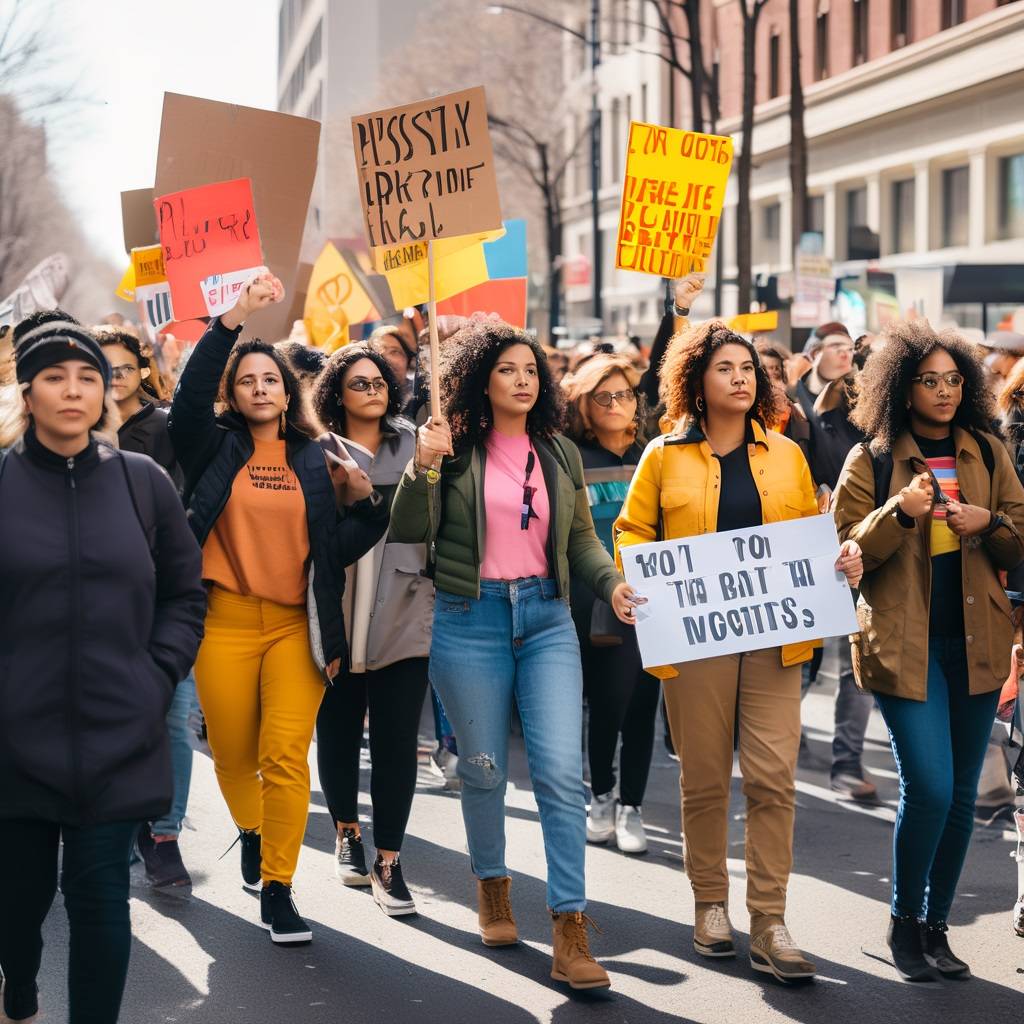Rideshare and delivery drivers in Chicago are gearing up for a strike scheduled for Valentine’s Day. This move comes as a response to ongoing concerns regarding wages, working conditions, and job security within the gig economy sector. The strike, organized by a coalition of drivers’ groups, aims to draw attention to the challenges faced by these workers and demand better treatment from companies like Uber, Lyft, and DoorDash.
Reasons Behind the Strike
Low Wages and Lack of Benefits
One of the primary grievances motivating the strike is the issue of low wages. Many drivers struggle to earn a living wage due to the structure of compensation within the gig economy. Despite working long hours, they often find themselves unable to cover basic expenses such as rent, healthcare, and vehicle maintenance. Additionally, the lack of benefits such as health insurance and paid time off further exacerbates their financial insecurity.
Safety Concerns
Safety concerns also play a significant role in driving the strike. Rideshare and delivery drivers frequently face risks while on the job, including assaults, accidents, and exposure to COVID-19. Despite these dangers, they often lack adequate support and protection from the companies they work for. The absence of comprehensive safety protocols leaves many drivers feeling vulnerable and undervalued.
Precarious Employment
The precarious nature of gig economy employment is another key factor contributing to the decision to strike. Rideshare and delivery drivers are classified as independent contractors rather than employees, depriving them of essential labor rights and protections. This classification enables companies to avoid responsibility for providing benefits and job security, leaving drivers vulnerable to sudden deactivations and arbitrary policy changes.
Impact on Workers
Financial Hardship
For many drivers, participating in the strike represents a significant financial sacrifice. With Valentine’s Day traditionally being one of the busiest days for rideshare and delivery services, foregoing work on this day could result in substantial earnings loss. However, drivers are willing to make this sacrifice in the hopes of achieving meaningful change and improving conditions for themselves and their colleagues.
Solidarity and Unity
Despite the challenges they face, drivers are coming together in solidarity to demand better treatment from their employers. The strike serves as a powerful demonstration of unity within the gig economy workforce, highlighting the collective strength of drivers when they stand together to advocate for their rights. Through coordinated action, they hope to send a clear message to companies that their demands cannot be ignored.
Company Response
Acknowledgment of Concerns
In response to the planned strike, companies like Uber, Lyft, and DoorDash have acknowledged the concerns raised by drivers and expressed a willingness to engage in dialogue to address these issues. However, drivers remain skeptical of these promises, citing past instances of empty rhetoric and insufficient action. Many believe that meaningful change will only come through sustained pressure and advocacy.
A Call for Change
The Valentine’s Day strike in Chicago highlights the ongoing struggle for fair treatment and recognition within the gig economy. Rideshare and delivery drivers are demanding better wages, improved working conditions, and greater job security. As they come together to assert their rights, they are sending a clear message to companies and policymakers alike: it is time to prioritize the well-being and dignity of gig workers. The outcome of this strike could have far-reaching implications for the future of labor relations in the digital age.









Leave a Reply